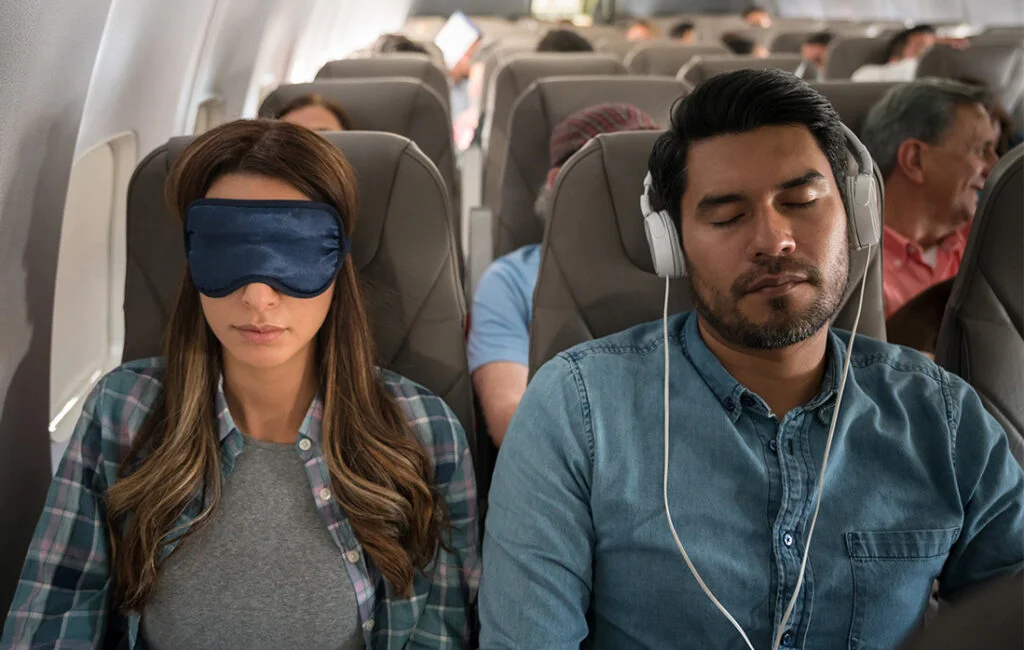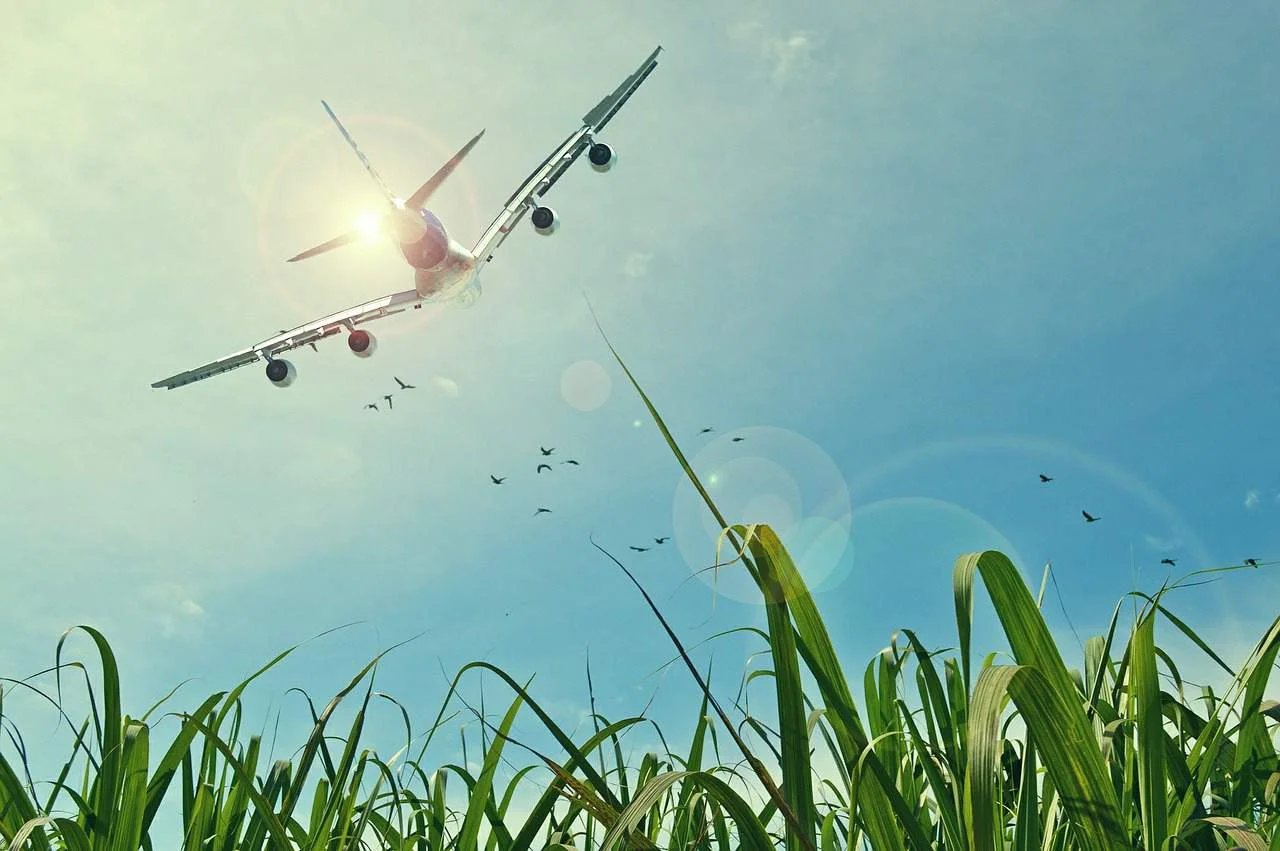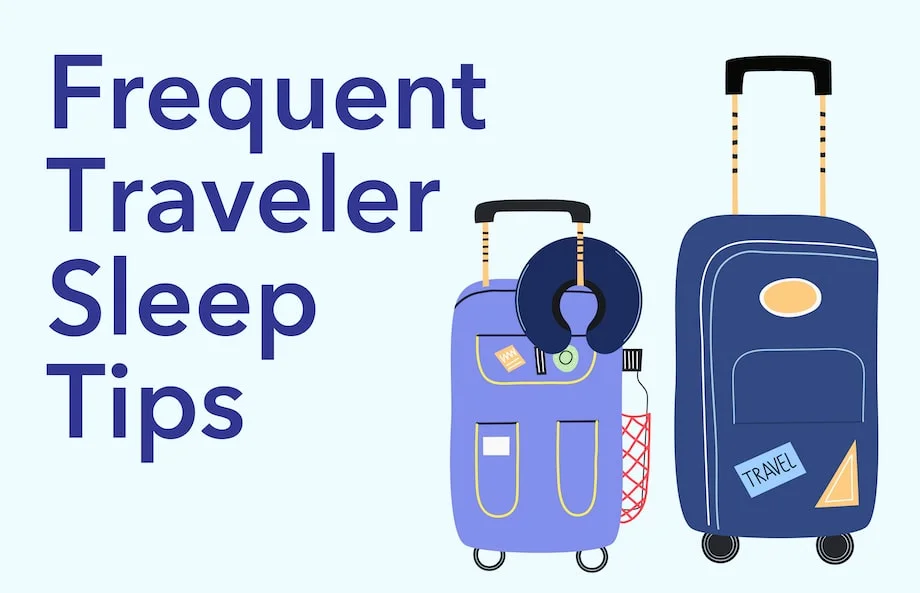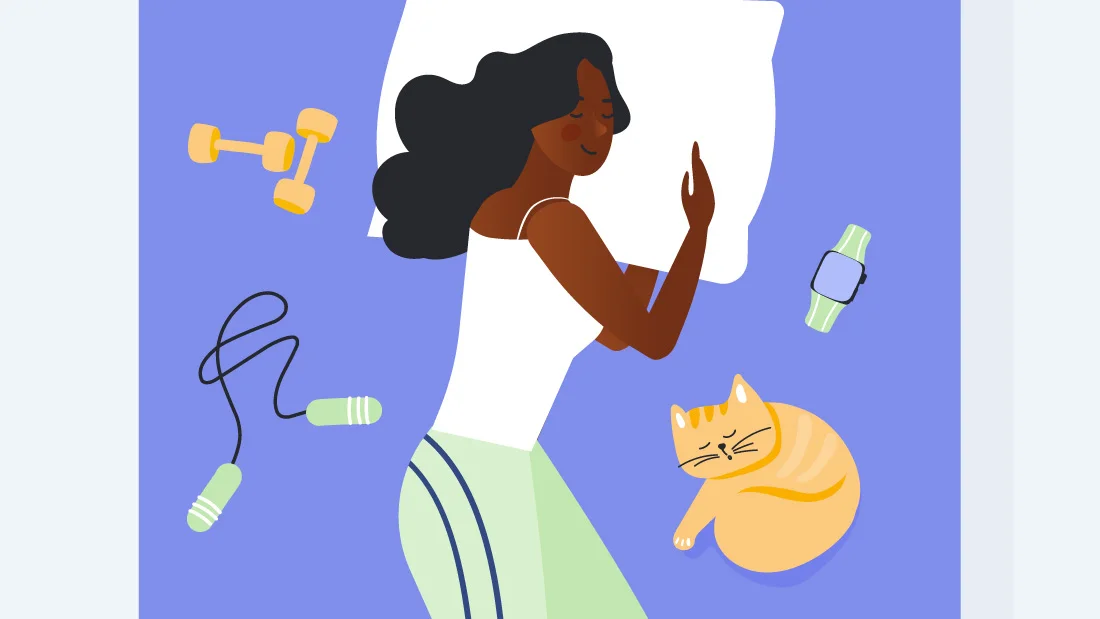
Being a musical superstar comes with a lot of travel, especially when you’re as world-famous as Taylor Swift. The singer-songwriter is pushing the limits later this month with the last of a four-concert sega in Japan on Saturday, February 10, and the Super Bowl taking place the very next evening in Las Vegas, where she’ll watch boyfriend Travis Kelce of the Kansas City Chiefs take on the San Francisco 49ers. While Swift is likely cozying up in a private jet, the quickest one-stop flight is close to 13 hours, and to top it off, Tokyo is a whopping 17 hours ahead of Las Vegas.
With all things considered, it’s reasonable to wonder how Taylor will manage the time change, long flight, and all the undesirable effects of jet lag while recovering from her lengthy, high-intensity musical performances.
How Will Jet Lag Affect Swift?
Jet lag is a temporary sleep disorder that can occur when the body’s internal clock falls out of sync with its surroundings because of hasty international travel through different time zones. This can cause disorientation and can take several days to recover from.
Jet lag can result in various symptoms, such as difficulty staying alert, slow thinking, poor memory recall, fatigue, and decreased emotional control. Even though high-energy environments like a performance or the Super Bowl can help alleviate the symptoms of jet lag, they cannot eliminate them entirely, according to Dr. Robert Oexman, a sleep researcher, university instructor, and chief science officer at iSense.
After leaving a high-energy concert environment, Dr. Oexman says Taylor will likely experience fatigue after a few hours on a dimly lit plane. However, he points out that Swift most certainly has the convenience of a place to stretch out and get some uninterrupted sleep, which is often not possible on commercial flights.
Swift will be thrust into the spotlight when she lands after flying more than 5,400 miles (8,690km) across nine different time zones and the international date line. But she does have one thing in her favor — her direction of travel. “The old saying in travel is east is least, and west is best,” says Dr. Oexman.
He explains that when traveling towards the east, you often fly against the direction of the sun and, as a result, may have a very short period of nighttime during which you can potentially sleep. Upon landing, you will likely arrive early in the morning with little sleep.
Two mechanisms in your brain control your sleep: circadian rhythm and sleep drive. Circadian rhythm is assisted by melatonin, while sleep drive is the accumulation of adenosine in the brain. Even if you have a short night, your brain still has high levels of adenosine, making you sleepy during the day when you should be alert. “Your circadian rhythm is still in a time zone somewhere between Japan and Las Vegas, so your brain thinks you should be sleeping, but it is daytime,” explains Oexman.
How Swift and Other Travelers Can Handle Jet Lag
According to Dr. Oexman, Swift’s best strategy is to remain alert until it is time to go to bed later that evening. He says travelers should stay awake and avoid napping to get back to normality. This helps keep sleep drive high for the next night and allows their circadian rhythms to adjust. “The more time zones you cross, the longer it takes to adjust,” he adds.
Getting plenty of sunlight and movement to help in this adjustment is ideal, along with a bit of melatonin, which is specifically helpful for temporary sleep problems like jet lag. Dr. Oexman stresses Swift should not try to prepare for a different time zone by changing her sleeping habits beforehand. “The best behavior for her would be to take a low dose of melatonin when she is ready to go to sleep on the plane and not drink alcohol, which may disturb sleep,” he says. Sleeping with an eye mask to eliminate light and increase the natural production of melatonin and using a pillow from her home for comfort and familiarity are also ways to boost recovery.
Dr. Oexman’s parting advice: “Stay up and enjoy the game with limited alcohol, which could increase the fatigue associated with jet lag.” Then, hit the hay for a solid night’s sleep. As for Taylor, she’ll need to focus intently on recovery before jetting off around the world once again for her Australian tour dates later in the week.

16 Expert Tips for Falling Asleep on a Plane Fast

27 Game-Changing Travel Sleep Tips from Frequent Travelers

Athletes And Sleep

Your Complete Guide to Preventing and Treating Jet Lag
Sources
Oexman, Robert. Author interview. February 2024.


























